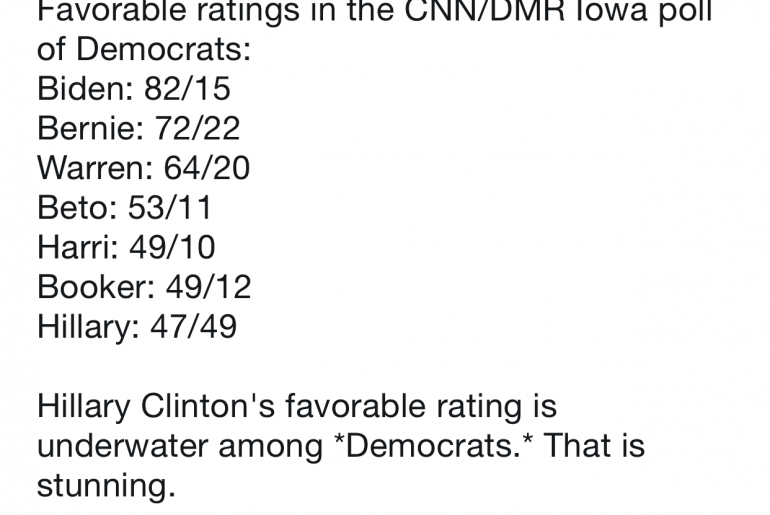Remember House Majority Leader Kevin McCarthy’s gas tax repeal gambit to turn out more Republican voters in November and “help save” imperiled GOP incumbents in a slew of California House districts?
Well, it looks like California Democrats have devised an equivalent and cheaper strategy, all of their own: Kill off Rep. Mimi Walters, Rep. Dana Rohrabacher and Diane Harkey (who’s running to replace retiring Rep. Darrell Issa) by juicing Democratic voter turnout to take out State Senate Republican Leader Pat Bates.

Bates, who is facing off against electoral newbie Marggie Castellano, represents chunks of both Orange and San Diego counties with a toehold in each of the targeted congressional districts.
So, the theory goes, motivate local Democratic voters to take Bates out, and you maybe bump up the numbers exactly enough to bank a surefire takeover of three currently Republican-held districts.
Bonus: You also potentially force Republicans to spend time and money saving Bates, an important goal in itself for preventing Democrats from gaining a two-thirds majority in the State Senate which they are right on the cusp of managing, and make it tougher to save the would-be successor to term limited-out Sen. Anthony Cannella and the bevy of already imperiled Republican congresspeople in other parts of the state.
Spending in the race to succeed Cannella has already exceeded $4 million and could easily exceed $5 million. It’s worth remembering that Canella’s district overlaps with the congressional districts of Rep. Denham and Rep. Valadao, whose districts Democrats are also aiming to win this November– so driving Democratic turnout in a State Senate race there could also have an impact up ballot, as in Orange County.
To the end of beating Bates, California Democrats are dumping at least $123,000 into the race.
That’s significantly less than McCarthy’s reported $300,000, Republican gubernatorial candidate John Cox’s $250,000, and the California Republican Party’s $300,000 donations to get the gas tax repeal on the ballot, plus the additional $1.7 million that GOP House leaders have put in to back it (and indeed far less than the $30 million organized labor and Democrats have plugged in to keep that gas tax).
Nonetheless, it could prove consequential in a year when Republicans really appear to have screwed themselves in the Golden State and a slew of candidates no one ever saw as being vulnerable seem to be in trouble roughly a month ahead of Election Day.



